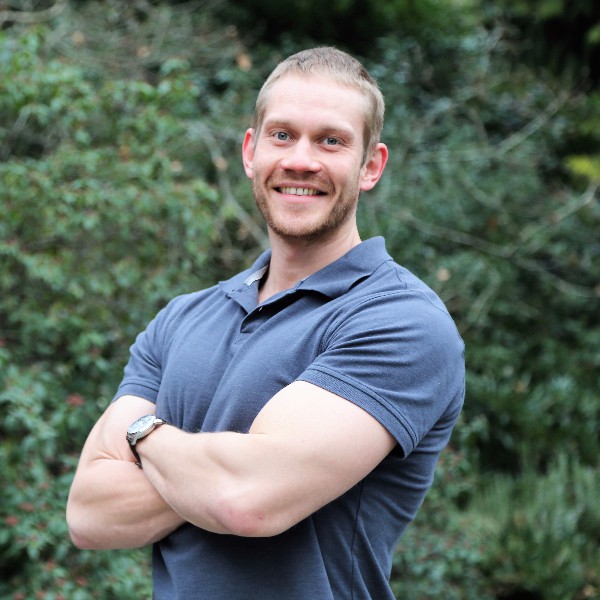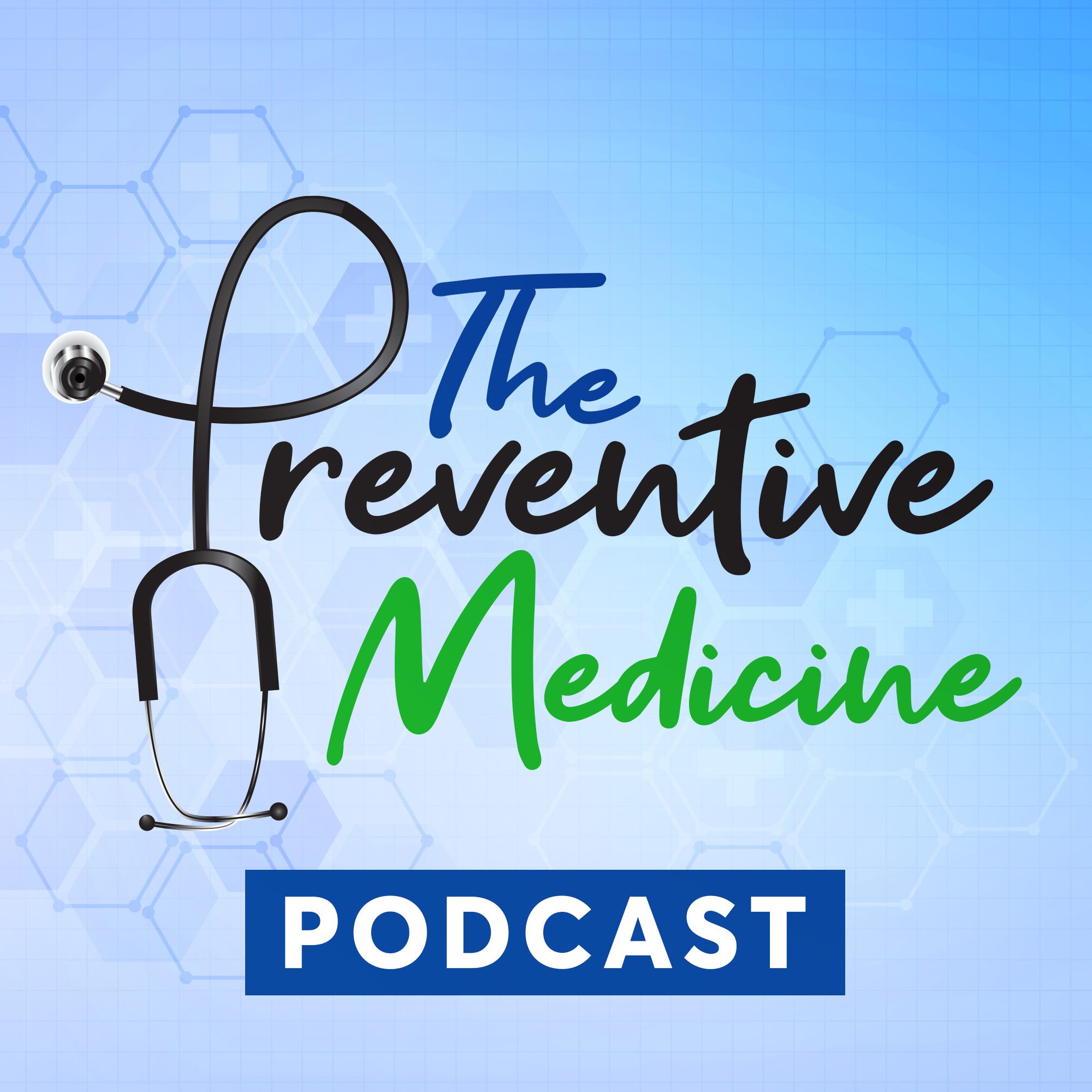
Tommy Wood, BM BCh (MD)/PhD
The brain is one of, if not the, most important organs in the human body as it is responsible for coordinating nearly everything we do. The human brain is what makes us human and allows us to complete complex tasks and much much more. Well, what happens if the brain gets injured? In this episode, Dr. Tommy Wood, BM BCh (MD)/PhD talks to us about the brain, brain injuries, and neurocognitive diseases. Dr. Wood originally completed his medical training from Oxford before beginning his PhD in physiology and neuroscience at the University of Oslo. He now works in the department of pediatrics at the University of Washington researching brain injury making him the perfect person to talk to us about the topic!
We talk about what brain injuries are, how they effect us, and what we can do to reduce our risk of these injuries. This episode is packed with information throughout so get ready to take notes!
Dr. Wood's Social Media:
Show Notes
(1:00 – 7:50) – Introductions
Question 1: I told the listeners a little bit about you but is there anything else you want to highlight?
Question 2: What does preventive medicine mean to you?
(7:50 – 42:00) – Brain Health and Preventive Medicine
Question 3: How did you become interested in the brain, brain injury, and make neonatal brain injury your topic of research?
Question 4: What is brain injury and what are the different types?
Question 5: Are there any ways to prevent brain injuries, traumatic or the other types you described?
Question 6: What are the neurodegenerative diseases such as Parkinson’s, Alzheimer’s, etc. and how do they differ from traumatic brain injuries?
Question 7: How do you prevent the neurodegenerative diseases, can you? What can people do on a daily basis to reduce their risk of neurodegenerative diseases?
Question 8: Is there any evidence behind genetic testing such as for the apoE4 gene? Should people go out and get genetically tested?
(42:00 – 46:00) – The Future of Brain Injury
Question 9: What do you think about emerging technologies such as Neuralink in their ability to restore cognitive function and help patient’s with brain injury?
(58:30 – 1:01:34) – Wrapping it Up
Question 10: If you’re waiting in line for your coffee and someone asks you, “how do I get healthy,” what do you tell them?
Join our Mailing List HERE:
Podcast: Play in new window | Download (Duration: 48:23 — 38.8MB)
Subscribe: Apple Podcasts | Spotify | Stitcher | RSS | Subscribe here on any platform!
